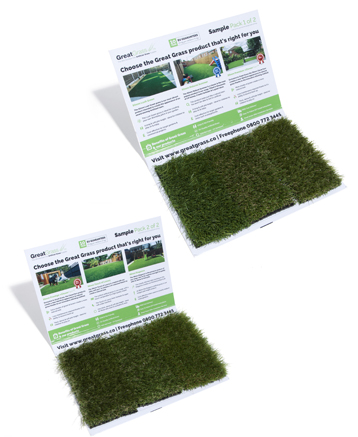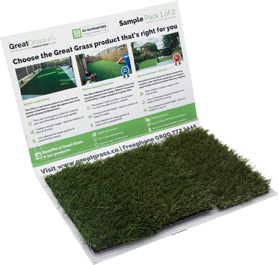Artificial grass has made quite the statement over the past decade and many homeowners who are looking for high quality without the maintenance have made the swap from a natural lawn. With this said however not everything in the world of artificial turf is easy! In warm climates it is not uncommon for people to find that their turf has melted at the mercy of the suns’ rays. Of course, these people haven’t been told enough information about what they can do. Here is the lowdown on melted artificial grass…
The Causes
Whilst it is not a big problem here in the UK since we don’t receive much heat, there have been a few reported cases of artificial grass melting taking place during our rare heat waves. In fact, some lawns have required repairs or resurfacing thanks to the damage that has been caused. Here at the top four causes of melted artificial grass:
- Windows, which offer a large surface area that to sun is able to reflect off and onto the turf.
- Gutters that have been polished, especially lighter colours that again reflect the heat onto the grass.
- Mirrors, which provide an extremely reflective surface for the heat to bounce off at a large intensity.
- Direct heat from the sun which usually occurs at mid-point during the day.
How to Prevent It
People who have been victims off artificial grass melting are often those who have dealt with very poor contractors. After all, it is the experts job to assess the area you want your turf and decade what may and may not be problematic. Here are a few solutions to artificial grass melting that contractors may suggest:
- A screen may need to be fitted to the exterior of your window in order to stop the surface becoming reflective. On the other hand, you may also be able to opt for a non-reflective paint instead.
- It may also be beneficial to attract the attention away from your turf by having a pond installed since the light and heat will reflect onto this instead. As a drastic and costly method, this is most suitable for those in hot climates who may face this problem more often.
Despite what many may think artificial grass has come a long way since its conception in the 1960’s and a lot of variations have been released that are not susceptible to the effects of the weather. For example, many turfs are now slip proof after heavy rainfall, do not freeze during winter and will not fade during hot weather. To find out more information, speak to a member of the Great Grass team today!


